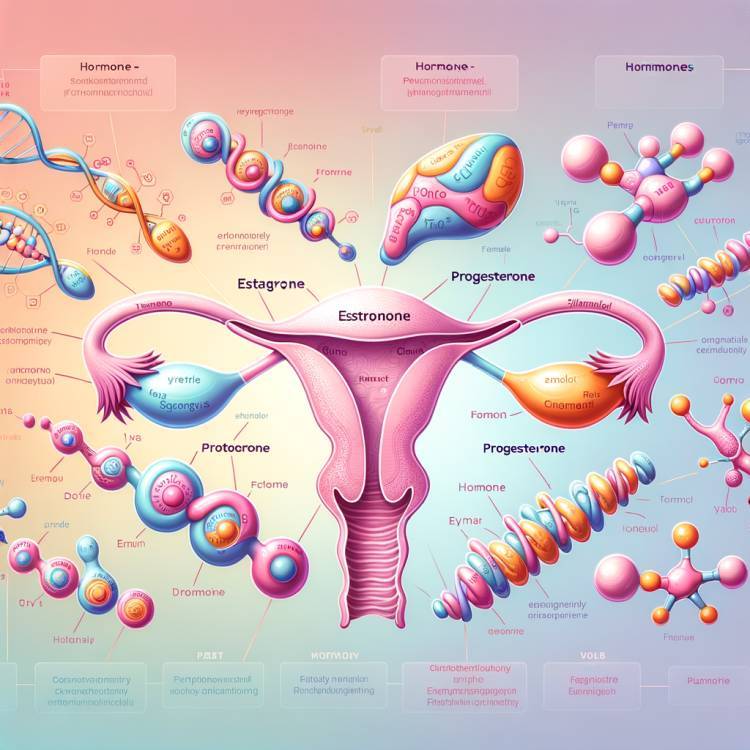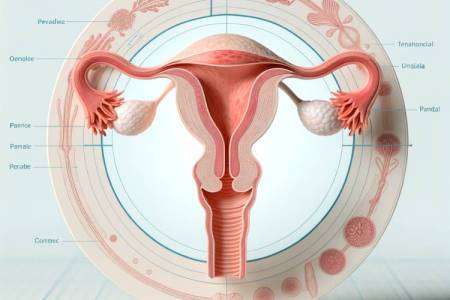Side Effects of Contraceptives and How to Manage Them
Hormonal contraception is a reliable and practical method of birth control for many women. However, while it offers many benefits, it can also be associated with side effects that may affect the quality of life. Many women struggle with these issues, feeling alone and confused. This article shares personal experiences, scientific facts, and practical tips on how to manage the side effects of hormonal contraception.
Personal Experiences
When I first started using hormonal contraception, I felt completely lost. After a few weeks, I noticed significant mood swings, constant fatigue, and even weight gain. I felt like a different person and didn’t know what was happening. My doctor explained that side effects are common and usually subside over time, but waiting was frustrating. I sought advice from friends and online, which ultimately helped me find ways to cope with these changes. The high hormone intake helped me with acne, but once I stopped the contraception, the acne returned. I also noticed breast enlargement, which I didn’t think was even possible in my case.
Common Side Effects and How to Manage Them
Mood Swings and Depression
Hormonal changes can affect brain chemistry, leading to mood swings and depression. This effect hit me the hardest, manifesting in extreme emotional fluctuations, mostly negative. I recommend regular exercise, which boosts endorphin production, the hormones responsible for good mood. Consider seeing a therapist or psychologist, who can help you manage emotional swings. Personally, yoga and meditation were a huge help, teaching me how to work better with my emotions.
Weight Gain
Many women experience increased appetite or water retention. It’s essential to monitor your diet and focus on healthy eating. Regular exercise can help keep weight under control. Drinking enough water and reducing salt intake, which helped me minimize water retention, is generally recommended.
Headaches
Hormonal changes can cause migraines or frequent headaches. Staying hydrated is crucial—aim to drink 2-3 litres of water daily. Avoid triggers such as stress, lack of sleep, or certain foods. If headaches persist, consult your doctor about possibly changing contraceptives. For me, regular exercise and ensuring enough rest worked wonders.
Irregular Bleeding
The body needs time to adjust to new hormone levels, which can lead to irregular bleeding. Track your menstrual cycle, and if irregular bleeding continues for more than three months, consult your doctor. Establishing a daily routine and taking contraception at the same time each day helped me manage this issue.
Decreased Libido
Some women may notice a reduced sexual desire due to hormonal changes. Openly communicate with your partner about your feelings and needs. Sometimes, changing the type of contraception or supplementing hormonal balance with dietary supplements may be the solution. My friend Klára found relief in regular massages and relaxation techniques (we highly recommend the amazing Nymfis massages), which helped her regain balance.
Scientific Facts and Studies
According to a study published in The Lancet, hormonal contraception can have varying side effects, which differ from woman to woman. Research shows that while some women may experience negative side effects, others report improvements in their menstrual cycle and reduced menstrual pain. Another study published in the Journal of Women’s Health found that women who experience side effects from hormonal contraception often seek information and support online or from friends. The study’s results suggest that support groups and open communication can significantly help women cope with these issues.
Tips for Managing Side Effects
- Communicate with Your Doctor: If you have any concerns or questions about side effects, don’t hesitate to consult your doctor. They can help you find alternative contraceptive methods or suggest ways to alleviate symptoms.
- Educate Yourself: Learning about hormonal contraception and its effects can help you better understand what’s happening in your body. Reading scholarly articles and studies can give you confidence in your decisions.
- Seek Support: Sharing experiences with friends or in support groups can be very comforting. Personal stories and advice from other women can provide new perspectives and solutions.
- Healthy Lifestyle: Diet, exercise, and sufficient sleep can positively impact your overall health and well-being. Regular physical activity and a balanced diet can help alleviate some side effects of hormonal contraception.
- Consider Alternative Methods: If side effects persist or become unbearable, consider alternative contraceptive methods, such as non-hormonal options (condoms, diaphragms, or intrauterine devices). Consult your doctor to find the method that best suits your needs and lifestyle. Don’t let contraception make your life difficult. If you notice long-term negative effects on your body, stop using it. Always prioritize your health!
The side effects of hormonal contraception can be uncomfortable and frustrating, but there are ways to manage them and find solutions. It’s important not to give up and to seek support from doctors, friends, and scholarly literature. Every woman is unique, so finding an individualized approach that works best for you is key. Remember, you’re not alone in this, and many women are going through similar experiences. Open communication and sharing your stories can bring relief and hope.

 Tongue Tornado
Tongue Tornado 














Comments (0)
Facebook Comments (0)